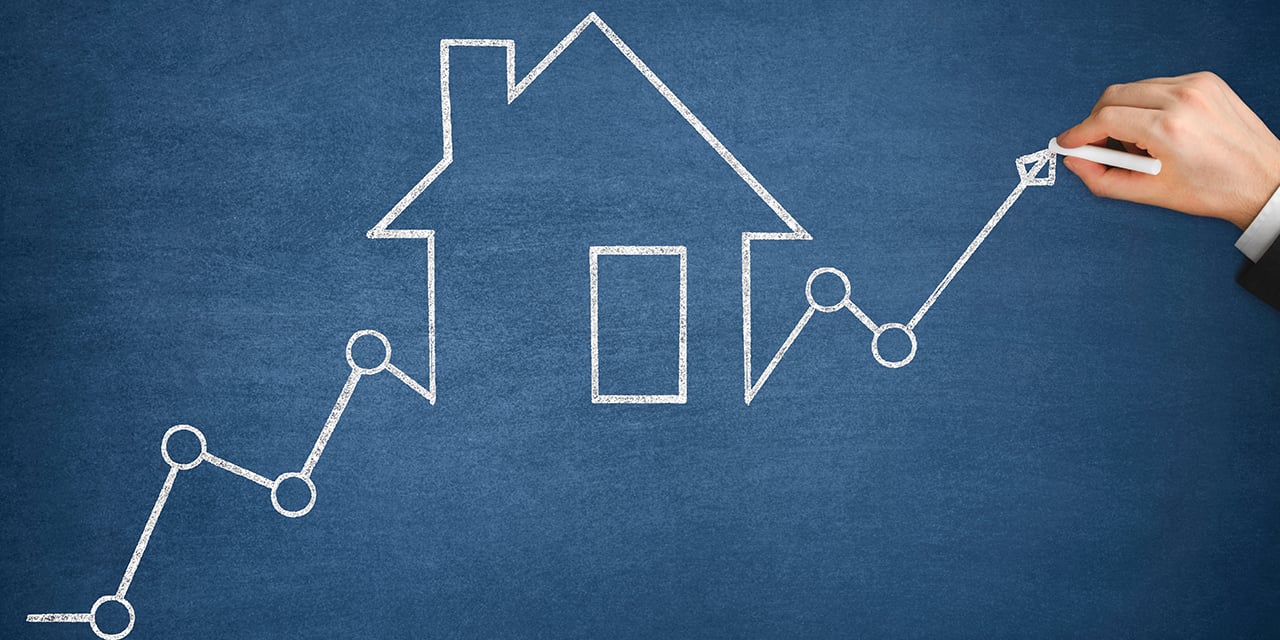
Should You Buy or Lease Your Next Car?
Question 1: What are your finances like?
Arguably the biggest advantage to leasing a car is the (typically) lower upfront cost and monthly payments. Because you’re not purchasing a car, your monthly payments basically only cover the depreciation of the car from when you take possession of it to when you return it. Also, if you’re leasing a newer vehicle, you’re likely covered under the car’s initial warranty and are avoiding some of the costlier maintenance expenses, like replacing the brakes or a transmission.
Of course, there’s the obvious downside to leasing: At the end of the lease, you don’t have a car. While the upfront costs of financing a car are more expensive, when you finish making your payments, you’ll have an asset of value, which you can keep driving (without additional monthly payments) or trade in for an upgrade.
Question 2: How much do you drive?
The more you drive, the more likely you’ll have extra expenses to pay at the end of a lease. Most three-year car leases have a 36,000-mile limit – exceed that, and you’ll likely pay a mileage fee of up to 20 cents for every mile you’re over (or $200 for every 1,000 miles). Plus, while most leases allow for “average wear and tear,” the dealer is the one who ultimately decides what’s considered “average.” Of course, whether you buy or lease, the more miles you put on your car, the faster its value depreciates.
Question 3: How long do you plan on keeping it?
Generally, the longer you keep the car, the better value the purchase becomes. However, if you only need a car for a short period of time, such as for a child attending college, and are considering getting a used car for cheap, there’s an argument to be made for leasing: The risk of the car breaking down is much less, plus you’re more likely to avoid some major maintenance expenses. True, you don’t have an asset at the end of the lease, but how much would you have gotten for your used car that’s now three years older?
Question 4: What do you value most in a car?
For many people, a car is more than getting from point A to point B. If having the latest and greatest technology is important to you, then leasing may have special appeal, as every three years you’ll be able to turn it in for a newer car with better gadgets. On the flip side, if you like to customize your car, you’d likely be better off owning it – any components you add to your car will need to be removed if you want to avoid significant penalties when you turn it in.
There are other lesser-known financial considerations too, like the possibility of forgoing sales tax on the total value of the car when you lease or potential penalties you’d need to pay were you to break your lease early. Your Baird Financial Advisor can provide some guidance on which option makes the most sense for you based on your finances and your future plans.
Not a Baird client? Find a Financial Advisor.
The information offered is provided to you for informational purposes only. Robert W. Baird & Co. Incorporated is not a legal or tax services provider and you are strongly encouraged to seek the advice of the appropriate professional advisors before taking any action. The information reflected on this page are Baird expert opinions today and are subject to change. The information provided here has not taken into consideration the investment goals or needs of any specific investor and investors should not make any investment decisions based solely on this information. Past performance is not a guarantee of future results. All investments have some level of risk, and investors have different time horizons, goals and risk tolerances, so speak to your Baird Financial Advisor before taking action.


